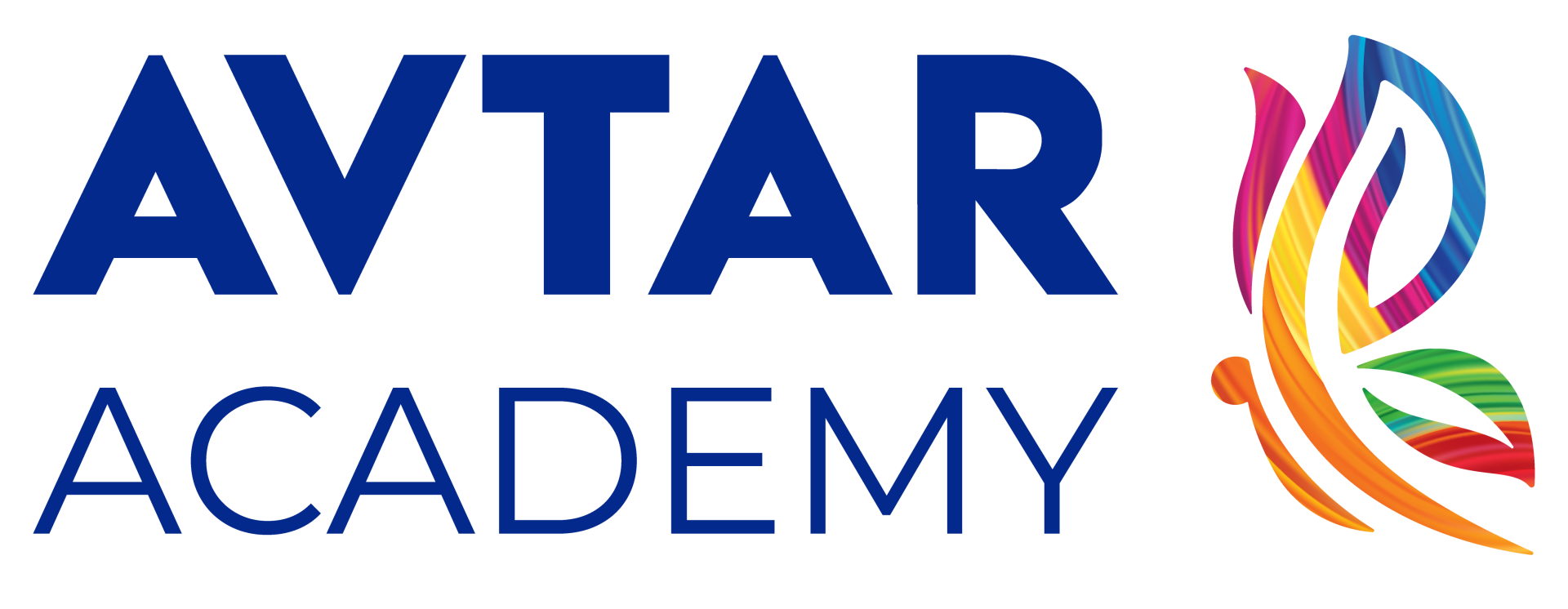“Ask for it. Never underestimate the power of asking,” says Linda C Babcock in her book Women Don’t Ask: The High Cost of Avoiding Negotiation and Positive Strategies for Change
Women don’t ask. Even if we do, we don’t ask often enough. For example, we seldom negotiate our starting salaries. We rarely, if ever, ask for raises, promotions, and better opportunities at work. As in the workplace, so in our personal spaces. We seldom ask for help at home (and instead aspire for the impossible standards of the Superwoman).
However, paradoxically, we are negotiating all the time. For instance, making decisions such as how much to invest and spend; buying a house; or setting bedtime/screen time for children. Why then as women professionals, we are so disconnected from negotiating purposefully in the workplace? We must understand that negotiation is not an option. It is an imperative skill that can help our careers to first survive, and then thrive. Efficient negotiation skills have multiple benefits – it can nurture relationships, enable cohesion among teams, and is positively correlated with leadership.
“I never stopped negotiating. Even today I negotiate. If you don’t know how to negotiate, then the cost is very high. So, I learned how to negotiate. When you cannot define your personal space and the scope within which you would operate at work or home, then it is going to be extremely challenging to pursue a successful career,” says Srimathy Shivashankar, Corporate Vice President and Head, EdTech Business at HCL Technologies.
Tackling our misconceptions about negotiation
Although negotiation has long been recognized as a valuable workplace skill, the stereotypical depiction of negotiation as a combative, competitive, and adversarial process has led all of us to believe that negotiation is men’s forte, with women feeling uncomfortable with the process of negotiation. However, over the years, backed by research, negotiation is increasingly being viewed as a collaborative process built on the win-win-win principle (how do I enrich myself, the other person, and the context?) that ensures fair outcomes for all stakeholders.
Why women don’t ask
Gender stereotypes and societal conditioning of girls and boys has resulted in “asking” being equated with masculinity and its opposite, that is – compliance, docility, and acquiescent behavior – being equated with femininity. Margaret A. Neale, author and a professor of management at Stanford, says, “Women who negotiate are perceived as unlikeable and bossy, while men who do the same are perceived as assertive and confident.” As a result, women are explicitly and implicitly discouraged from “asking” and end up believing that they do not have any right to “ask”!
The asking advantage
When Linda Babcock was the director of a Ph.D. program at a well-known university in the US, some of her women students shared with her that while their men classmates were independently teaching a course in the university, they continued as assistants to faculty. Concerned about the apparent gender discrimination, Babcock met with the dean who oversaw teaching assignments to discuss the complaint. His response was revealing.
He explained that he tried to find teaching opportunities for any student who approaches him with an idea for a course and had the ability to teach. “More men ask. The women just don’t ask,” he said.
The cost of avoiding the first salary negotiation
Internalization of gender norms, together with women’s low sense of entitlement to “ask” what they deserve are primary reasons why women do not negotiate their starting salaries. A 2018 survey by LinkedIn found that 44% of men always negotiate their salaries when starting a new job, compared to 34% of women. When women do not negotiate at this crucial instance, it has long-term repercussions on women’s careers in terms of growth and pay disparity between women and men. Keerthana*, a product manager in an IT firm, shares her experience: “I returned to work after a break of two years. So, I was so grateful to my employer for offering me a job that the thought of negotiating for a competitive salary did not even occur to me. But two years into the job, I understand my worth and realize I was worth a lot more.”
Research shows that gender pay disparity can be attributed mainly to disparities in starting salaries rather than differences in raises. If the starting salary of a woman is lower than that of a man for the same position, even if both of them receive an equal percentage raise every year, by the time they retire, their income and savings over the years are going to be vastly different. This is what sociologists term the “accumulation of disadvantage” – that is, over time, small disadvantages can accumulate and significantly impact an individual’s growth and standing. Here, the difference in the initial “asking propensity” of women and men leads to men being able to access more opportunities and resources than women throughout their careers.
Conclusion:
It’s time we reframed negotiation as a gender-inclusive skill built on the foundation of relationships and collaboration. “Until recently, research on negotiation has mostly ignored the issue of when and why people attempt to negotiate, focussing instead on tactics that are successful once negotiation is underway… With few exceptions, researchers have ignored the crucial fact that the most important step in any negotiation process must be deciding to negotiate in the first place,” writes Linda Babcock.
This element of “choice” is the essence of intentional negotiation, and it is a core career intentionality skill for women professionals. It involves engaging with negotiation as a skill set and a mindset.
*Name changed to protect identity


